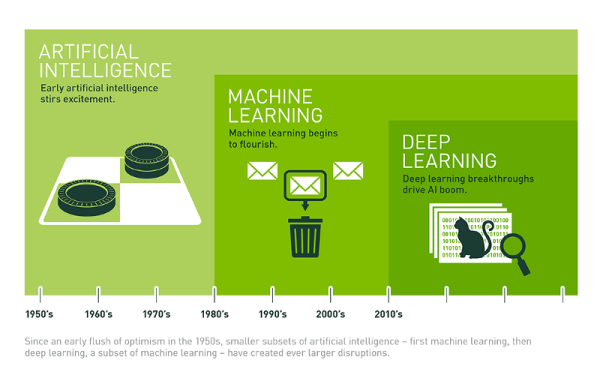Introduction
I have been exploring and playing around with the Apache OpenNLP library after a bit of convincing. For those who are not aware of it, it’s an Apache project, supporters of F/OSS Java projects for the last two decades or so. I found their command line interface pretty simple to use, and it is a great learning tool for beginning to work with Natural Language Processing (NLP).
To preface this article, make sure that you're familiar with Jupyter Notebooks. If you are not, have a look at this video these articles: [1] or [2]. For using the CLI, I’ll refer you to this post.


